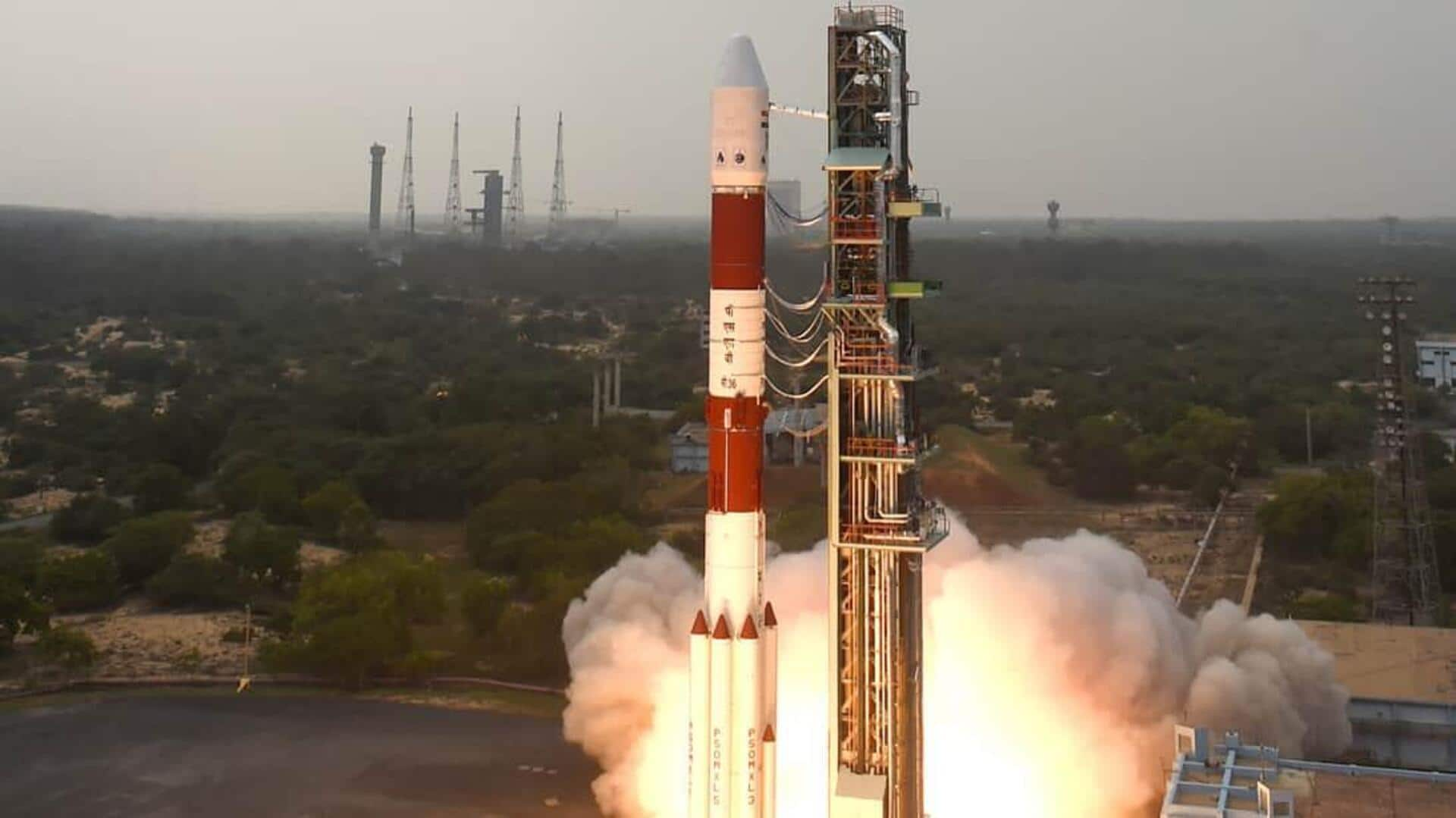
30 missions planned, only 7 launched—What's slowing India's space race?
What's the story
India's ambitious plan of 30 rocket launches between January 2024 and March 2025 has only seen 23% of its target met. The Integrated Launch Manifesto, released by IN-SPACE in February, detailed the participation of ISRO (Indian Space Research Organisation), its commercial arm NewSpace India Limited (NSIL), and start-ups in their nascent stages. However, government data shows only seven out of these planned missions were successfully executed during this period.
Mission breakdown
ISRO and NSIL's contributions to launch missions
Of the seven completed rocket launch missions, five were conducted by ISRO, one by NSIL, and a private company's test launch. The gap between the ambitious manifesto and actual results has raised concerns among industry insiders. They question the credibility of such manifestos and how they might affect India's reputation as an emerging space power with grand aspirations but inconsistent execution. Comparatively, global leaders like SpaceX and Rocket Lab have consistently met high percentages of their annual targets.
Launch decline
Decline in rocket launches raises questions
In the 15 months between October 2022 and December 2023, all space entities in India conducted 10 rocket launches. This marks a steep decline in the next 15 months (January 2024-March 2025), with just seven rocket launches conducted. Industry veterans observe that while delays are common due to technical issues, weather, etc., achieving only 23% of the publicly stated launch target could hurt India's credibility domestically and internationally.
Future plans
IN-SPACE's role and vision for the future
IN-SPACE's vision, according to its website, is "To enable private sector participation in space activities, boost space economy within the country and develop space force frontiers." The body is tasked with promoting and overseeing the space activities of private firms. However, it is still unclear why IN-SPACE announced launch targets for ISRO and NSIL when they are independently managed by their respective leadership teams.